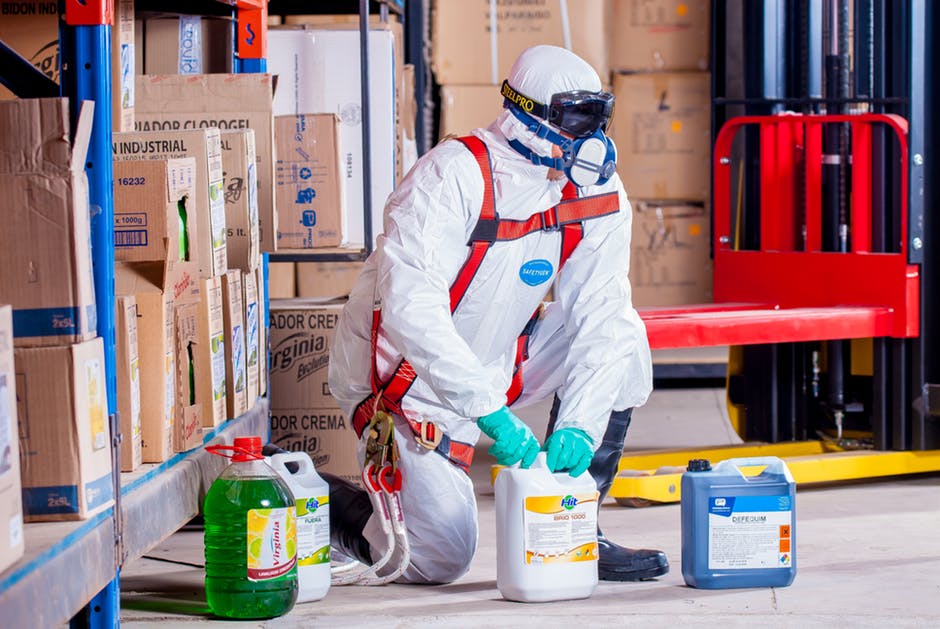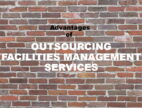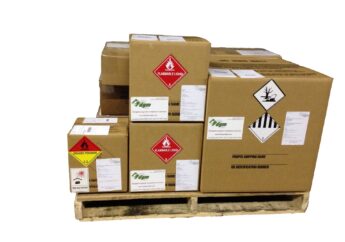Why Is Compliance Important In The Workplace: Role Of PPE And Employee Compliance
by Mashum Mollah Management Published on: 31 March 2017 Last Updated on: 12 May 2025

Your company can have all the personal protective equipment (PPE) you need, but it will do no good if you can’t get your employees to comply with personal safety rules.
This can be a challenging task, but there are things you can do to ensure that your employees stay compliant.
Work gloves are a safety requirement in working laws and employment conditions and can also help businesses prevent lengthy insurance claims and personal injury lawsuits.
By working with a great manufacturer like unigloves.co.uk, businesses can exhibit care towards their workforce and save themselves from financial damage.
Ensuring everyone complies with personal safety is essential to any good business. If they are not compliant, they risk injury or, in some lines of work, death if they fail to do things properly.
Why Is Compliance Critical In The Workplace: Importance Of Adherence For Safety?
Compliance in the workplace is essential for several reasons, one of which is the employees’ safety. When we deal with things that can risk our health, we must establish ways to protect ourselves.
Personal Protective Equipment protects the wearer against hazardous substances or organisms that can be a health hazard. It can be a range of dangerous things/organisms, such as germs, fire, construction materials, or radioactive substances.
The increasing issue in recent times is that not every employee understands the risk of noncompliance with the policies around wearing PPE.
You may have also noticed that construction workers, electricians, mechanics, and professionals do not wear the necessary equipment. It does not just cause a lot of trouble for the employee. It also invites legal trouble for the employer.
How to Establish Compliance at the Workplace?
As a business owner or manager, you must inform employees about the importance of using personal protection in the workplace. You can do a few things to ensure they get the message. The following section answers why is compliance important in the workplace.
Establish a Consistent Policy:
As with most policies around the workplace, you need to ensure that you are consistent in your (PPE) policies. You probably wouldn’t let an employee who was constantly late slide without punishment, so you must also follow through with personal protection policies.
Ensure that there is signage posted in every area that requires the use of PPE: this will give the employees a constant reminder that PPE is important and necessary.
More frequently than not, you can also have periodic meetings about the issue of PPE for industries where severe injuries can result from a failure to comply with your or governmental safety policies.
Finally, don’t let employees get away with ignoring the policies. Establish a punishment that is fair but shows the severity of your PPE. This will help deter others from noncompliance in the future.
Always Have the Correct PPE Available:
Part of staying compliant with PPE policies is ensuring your employees never run out of the necessary equipment to protect themselves.
Keeping up with stock is an all-important job: you don’t want an employee ready to do a dangerous job only to find out you are out of the proper equipment. Establish a routine of checking and stocking all of your PPE.
Companies like RS Components make it easy to order and reorder products that keep your employees compliant. This way, you will always have the necessary PPE on hand.
Ask Employees for Their Opinion:
You should always be seeking ways to make PPE compliance easier. This will ensure that your employees have the slightest obstacles to compliance, and one of the best ways to get new ideas is to ask them their opinions on the matter.
Your employees face tasks you may not fully understand daily, so they can give you essential insight into compliance policies that you or your supervisors may never think of. PPE discussions at regular intervals can help everyone stay compliant and keep everyone safe on the job. This can be simple things you didn’t think of, like the fact that safety goggles make seeing difficult for those with eyesight problems. Once this is raised as an issue, you can take steps to use safety glasses with prescription correction for individual employees, ensuring that everyone is able to remain PPE compliant.
Staying PPE compliant is essential to running a company, so you must do everything you can to make it easy for your employees to do so.
Types Of PPE You Should Stock Up On
Here are the different types of PPE that you must keep available for use depending on the level of exposure to hazards and the levels (A-D):
- Eye protection: Especially for those settings when the surroundings are filled with gases, fumes, dust, and mist. For instance, carpentry, chemical washing, and labs. Protective eye gear includes safety goggles, face shields, and eye shields. These protect you from vision loss, splashes, burns, and toxic liquid sprays.
- Head protection: Workplace surroundings with heavy materials falling from a height pose a risk to the employee’s scalp area. Head protection is necessary in places where something heavy may fall due to swinging objects or from a height. These include hard hats, helmets.
- Hand and arm protection: These protect from objects that may cause cuts, fractures, burns, or absorption of harmful substances. It may be chemical substances, vibrating equipment, or sharp objects like industry blades.
- Ear protection: When you work in noisy surroundings, wearing ear protective equipment helps prevent hearing loss. So, if your workplace deals with substances that emit noise above 70-85 decibels, it is harmful to individuals. These include ear plugs.
- Foot protection: Leg injuries can occur when heavy things, something hot or cold, fall on the foot/feet. It may also be due to slipping and electrical safety hazards.
- Complete body protection: Some workplaces require full body protection so that workers can protect themselves from extreme sparks, toxic chemicals, flames, radiation, and insect bites. PPE such as a hazmat suit
- Respiratory protector: Inhaling fumes, toxic chemicals, dust, or germs can cause many problems for your respiratory system. The protectors can include a face shield, face mask, and N95 respirator.
Conclusion
That was all about why is compliance important in the workplace and how more resources aren’t needed to attain compliance. Your employees must comply with its use when necessary.
The article describes the different ways in which you can ensure compliance with policies for PPE and employee safety.
Additional Reading:



































































































